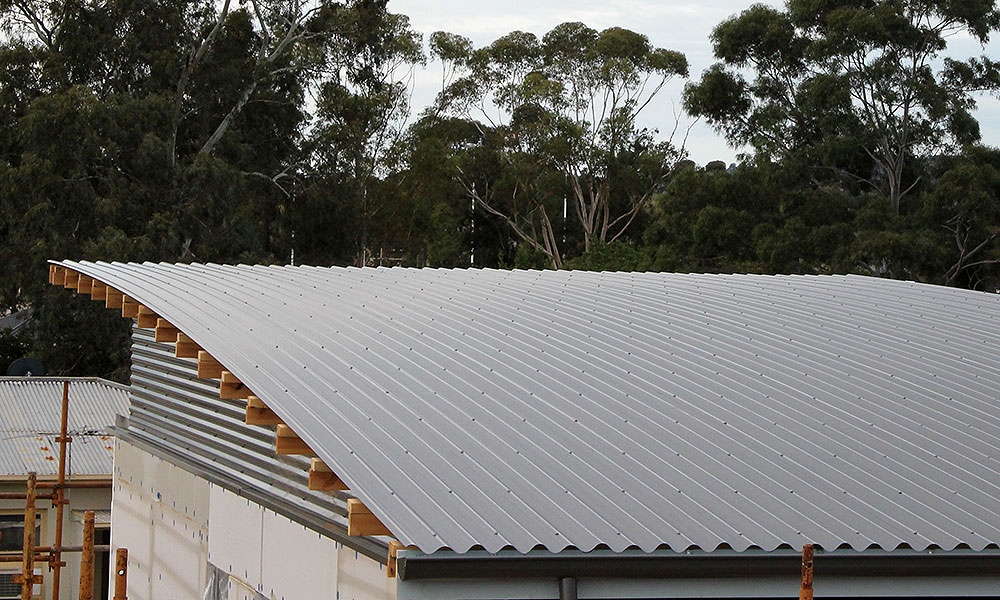Roof leaks need action right away to prevent future water damage. While stains on the ceiling might be obvious, other indicators might go unnoticed if you don’t regularly inspect your roof. These five indicators point to a potential water intrusion. Know more about great roofing installation by Oaks Roofing and Siding
Flashing and damaged Shingles
Shingles that are curling or buckling refer to a leaky roof. It indicates that water is seeping below the surface, which needs an immediate fix. You can express your concerns about any missing or damaged metal flashing in the event of strong winds or storms.
Flashings serve as barriers to prevent water penetration where the wall meets the rooftop or in other vulnerable locations.
Growth of Mold on External Walls
Since mold grows best in moist environments, the presence of mold on external walls may indicate that roof leaks are causing water to pour through from above. Understanding the potential dangers of leaking roofs might help you avoid serious structural damage and costly repairs.
Stains on Ceilings
Water stains that run down your walls or across your ceilings are typically an indication of a damaged roof. While locating a water leak can be difficult, fixing it is usually not too difficult. Don’t undervalue how urgent this problem is; even minor leaks can quickly worsen and cause issues like mold growth, deteriorating rafters, blown insulation, and cracked ceilings. Fix the leak’s source right away to preserve the integrity and safety of your house.
Shiners
If you see a little stain on your ceiling, look for shiners or nails that are missing their framing target on the bottom of your roof. These frigid nails can absorb moisture from the house, which is particularly apparent on chilly nights when they begin to frost. Leaks may result from this cycle of melting and refreezing.
Strong odor
Strong odors in your house are one of the most striking indications of a roof leak. Odors and other health risks arise when water seeps in and stays for a while, providing the perfect conditions for mold development. It’s critical to take immediate action if you notice ceiling stains with these smells or if you think the leak may be causing mold.
Rusted or Blocked Gutters
When roofing materials are found among the waste, blocked gutters may be a sign of roof problems. Damaged shingles are frequently the cause of these obstructions. An obstruction in your gutters is an immediate indication that there may be a problem with your roof.
Most gutter leaks start at rusty areas or joints with expansion and contraction. Leaks may occur if your gutters have rusty areas or damaged seams.
clogged soffits
Soffit vents take in exterior air to release warm air from roof vents. But if they become dirty or clogged with debris or mold development, they can lead to excess moisture on your roof’s structure, creating an ideal habitat for leaks and mold growth. Ensuring the soffit vents are unobstructed helps to stop roof leaks and mold growth.
You may also like
-
Top Reasons Crickets Invade Homes in Phoenix
-
Bathroom Waterproofing Experts: Reliable Solutions for a Leak-Free Home
-
The Dangers of Black Mold: Warning Signs and Health Risks for College Students
-
Construction Line of Credit: Interest Rates, Terms & Fees Explained
-
Keep Your Water Systems Running Smoothly with Quality Plumbing Services

